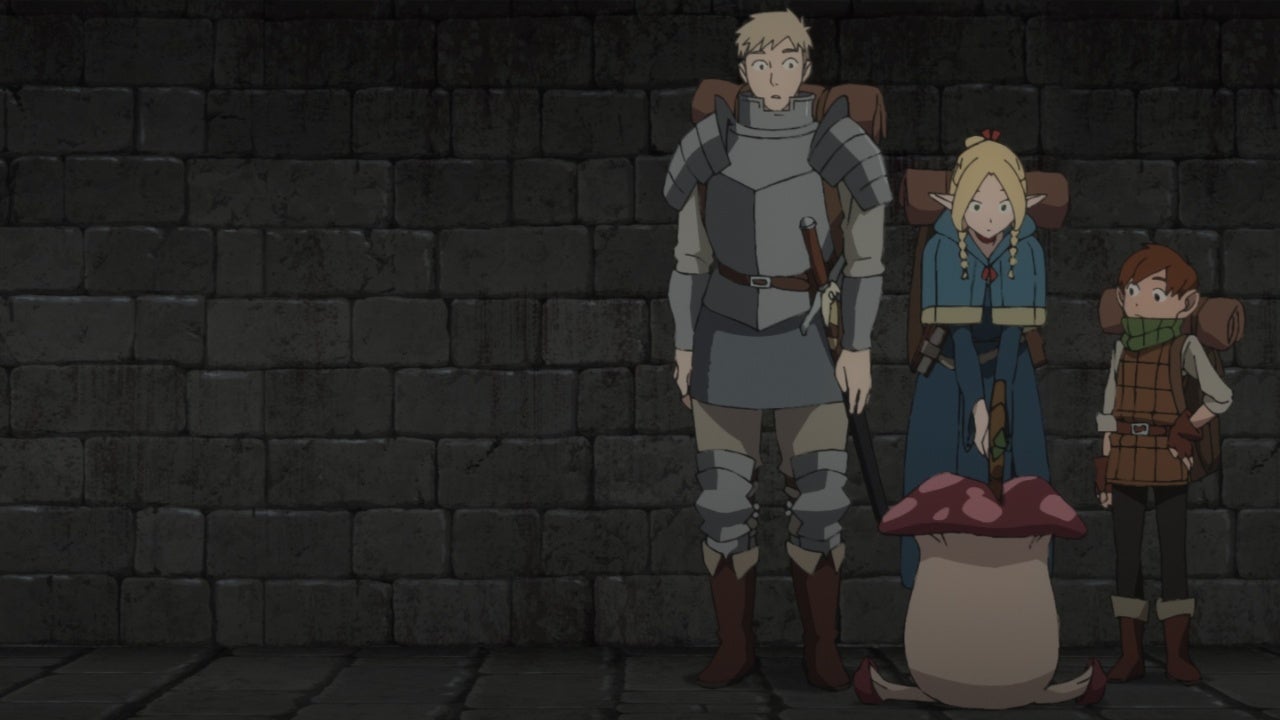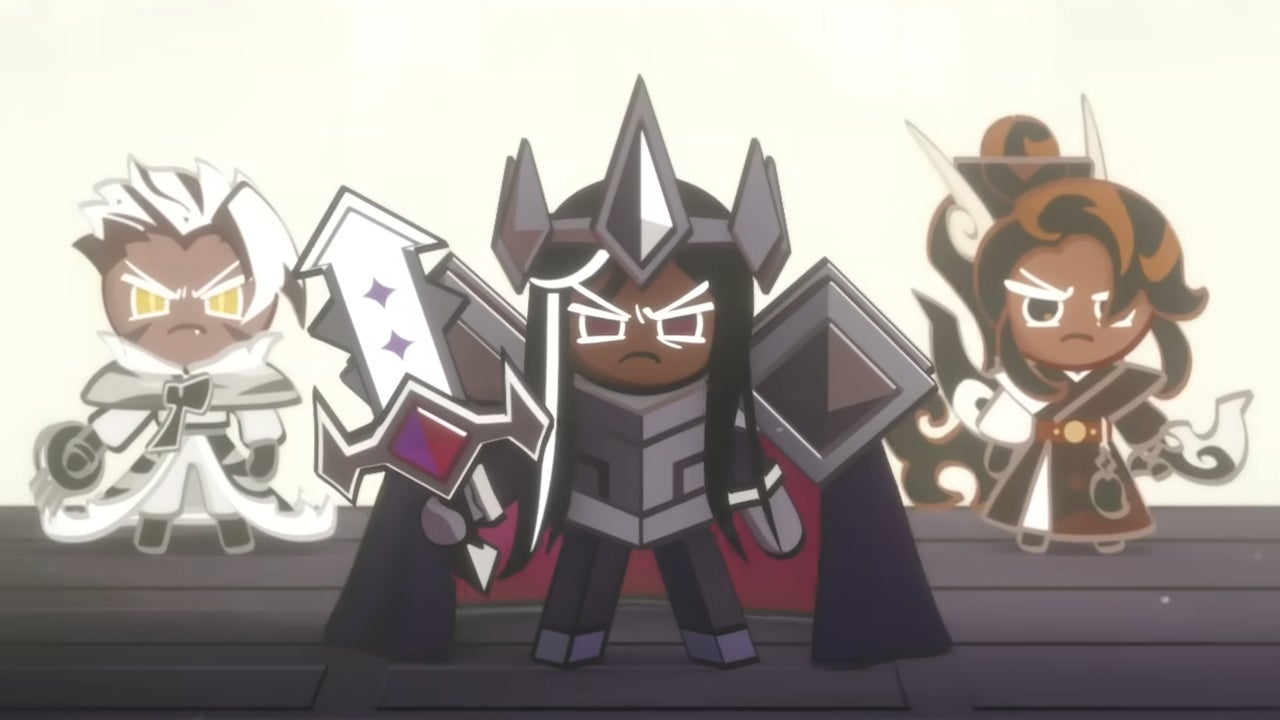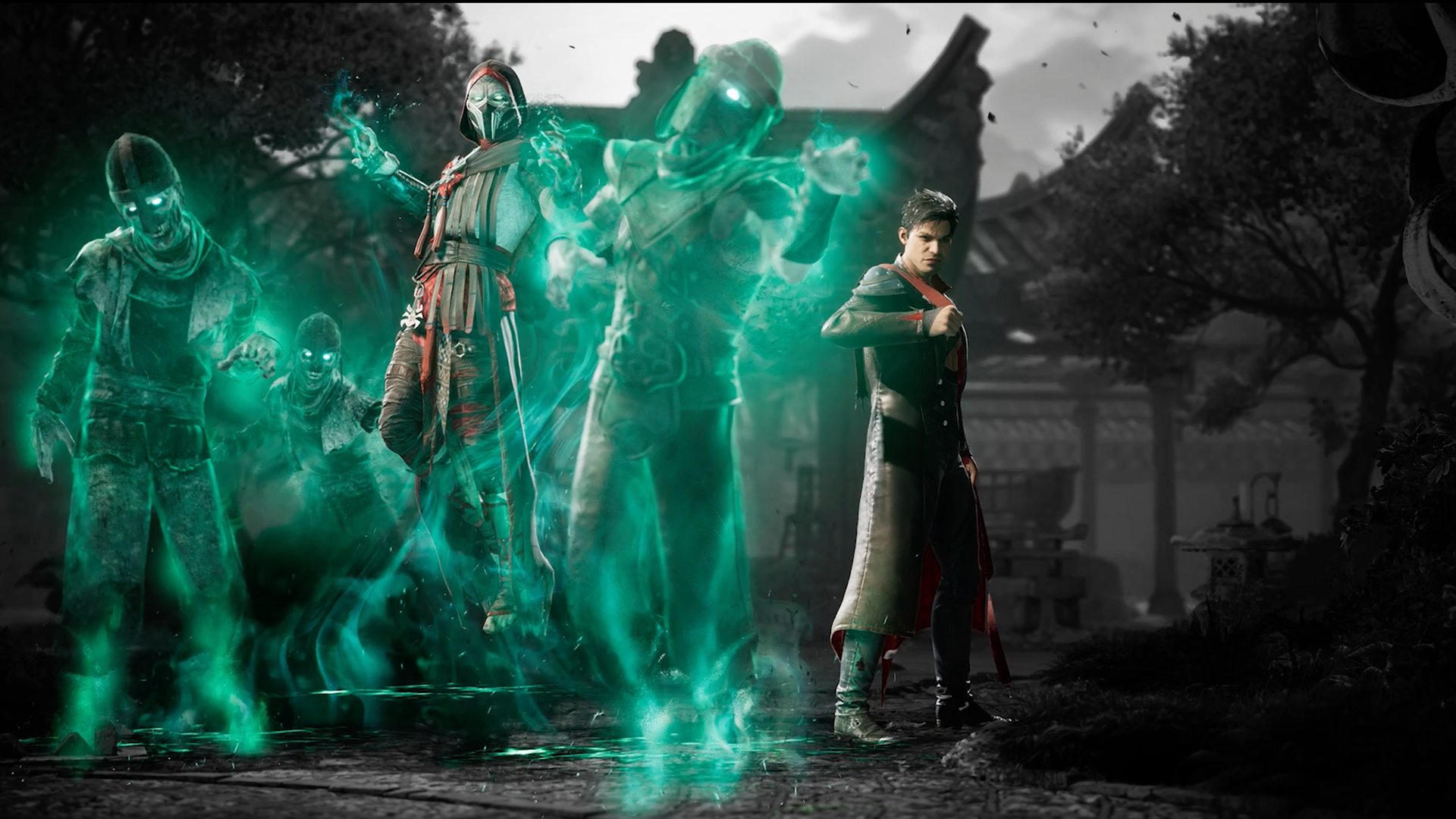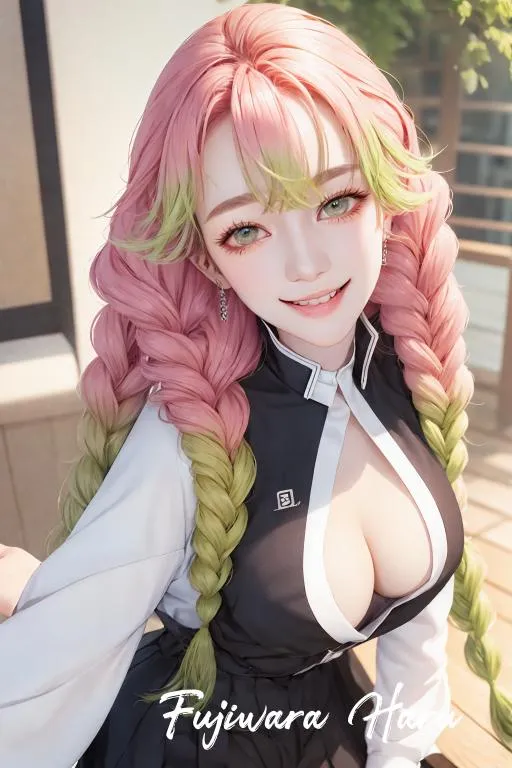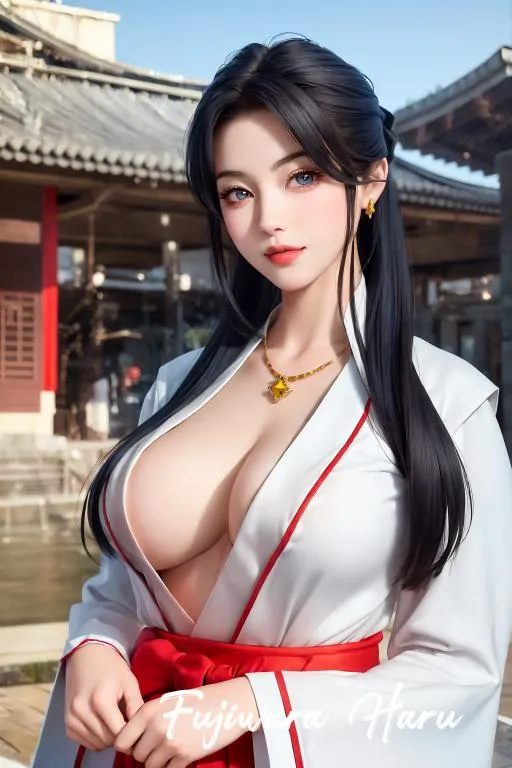Hot on the heels of Frieren, a show about the emotional costs of tabletop RPG-esque adventuring, comes Delicious in Dungeon – one about its practical costs. Based on Ryoko Kui’s manga, itself inspired by the tabletop games that she loves, Delicious in Dungeon follows a group of adventurers who resolve to cut expenditure on dungeon crawling by foraging for food while in the subterranean expanse. Though the stakes are perilous – the premiere begins with the leader of the group, the human Laios, seeing his sister in the jaws of a red dragon – Delicious in Dungeon feels like weekly comfort food, soothing and funny in its obsession with the finer details of cooking.
Directed by Yoshihiro Miyajima (SSSS. Dynazenon, Cyberpunk Edgerunners) and produced by Studio Trigger, Delicious in Dungeon plays like a high-fantasy food travelogue hosted by a duo of obsessive monster gourmands: Laios and his culinary guide, the dwarven veteran adventurer Senshi. Their traveling partners, the elven mage Marcille and the halfling thief Chilchuck, are amusingly reluctant participants in this quest – Miyajima and the writers get a lot of mileage out of Marcille and her repeated suffering at the hand of Laios’ insistence on survivalist cooking and building out his personal repertoire of monster dishes.
The voice actors are all incredibly game, and it’s worth noting the quality of the show’s English dub – SungWon Cho being a highlight as Senshi. A charming contrast of gruffness and quirky obsession, Senshi’s one-track mind and need to cook and eat everything in sight is ceaselessly funny. The cast are immediately distinctive even as they play on familiar archetypes, and the writing strikes a good balance, taking the characters’ anxieties seriously while also highlighting how unhinged they can be, especially Laios. (He sincerely wants to save his sister, but it seems the predicament conveniently lines up with a long-held desire to eat monsters.) Delicious in Dungeon’s firm handle on character, as well as its clear sense of place, is a big part of what makes its episodic excursions so pleasing. The main quartet all have strong personalities, which only makes it funnier that they’re constantly risking their lives in pursuit of a better meal.
It’s an easy show to luxuriate in, too, a visually sumptuous adaptation of Kui’s art into color and motion. Most Delicious in Dungeon episodes to date have shown incredible creativity with their animation, fully capitalizing on fun creature designs and using every inch of onscreen space for visual gags and scrapes with danger. The dungeon’s more confined spaces lead to a lot of wide-angle shots and makes the most out of its forced perspectives. Miyajima’s conception of this world makes equally strong cases for Marcille’s “Hell no, I don’t want to eat monsters” and Laios’ “Hell yes, I want to eat monsters” points of view, a difference of opinion emphasized through a range of hilarious, cartoonish facial expressions. The show is also nice to listen to: Where something like Frieren favors a sweeping and melancholic, fluttery score on traditional instruments from Evan Call, Delicious in Dungeon is a little more whimsical and upbeat, to suit its more playful sensibilities.
But even as it relishes in the group’s unusual dining experiences, Delicious in Dungeon is still building a layered world with its own ecosystem, political climate, and history. Each episode is named for the dish of the week, but the steps in making it become part of the larger story, and provoke something in the characters and how they perceive the underground world they’re exploring. It’s not just about the meals, but who you make them with, who you eat them with, even where you eat them – and the show has only gotten more interesting as it fleshes out these overlapping relationships.
That robust world-building also means room for more jokes, some of which feel like a loving nod to the history of fantasy and tabletop RPGs (Kui’s avid gaming fandom is well-documented), even just in a simple conversation about the differences in lifespan between each member of the group. Much of this comes directly from the manga, but the anime is a great translation of Kui’s work, with a rhythm and sense of comic timing that’s all its own, and a playful approach to the source material’s visual gags as well as its instructional, infographic recipes.
As it is on the page, Delicious in Dungeon is deeply involved with the rituals of cooking, preparation, and cultivation, with a loving depiction of process that ties in with the series’ broader interest in exploring the logistics of its fantasy world. It helps that, despite the often unappetizing origins of the ingredients, the presentation of the food is delectable, appearing as lush and hearty home-cooking with an exotic fantasy spin. A lot of the recipes resemble ones from the real world, and their deviations become rather funny: an omelet made from basilisk eggs, for example, or a hot pot whose main ingredient is scorpion meat. The results are gorgeous, and often mouth-watering.
Even with such highs, it’s clear that the show is only just getting started, seeing as it’s following the trajectory of Kui’s manga to the letter. But what’s there so far is hilarious without compromising on earnest feeling, a show that’s already found a sweet spot of poking fun at its character’s flaws and vices without cruelty. It may not have reached its full potential yet, but, speaking as someone who has read little of the manga itself, it’s clear there’s a gradual build to the moments where Delicious in Dungeon made a powerful, lasting impression on its readers. For now, the fundamentals of its gastronomic fantasy adventure – the Senshi, Fat, Acid and Heat, if you will – is a welcome respite.
